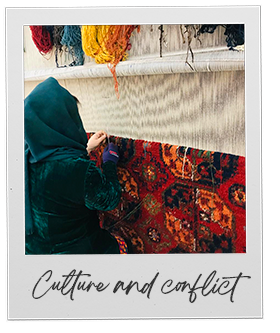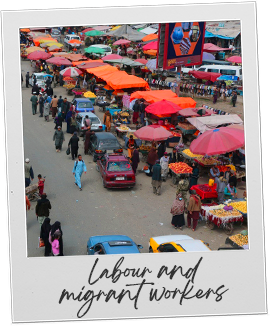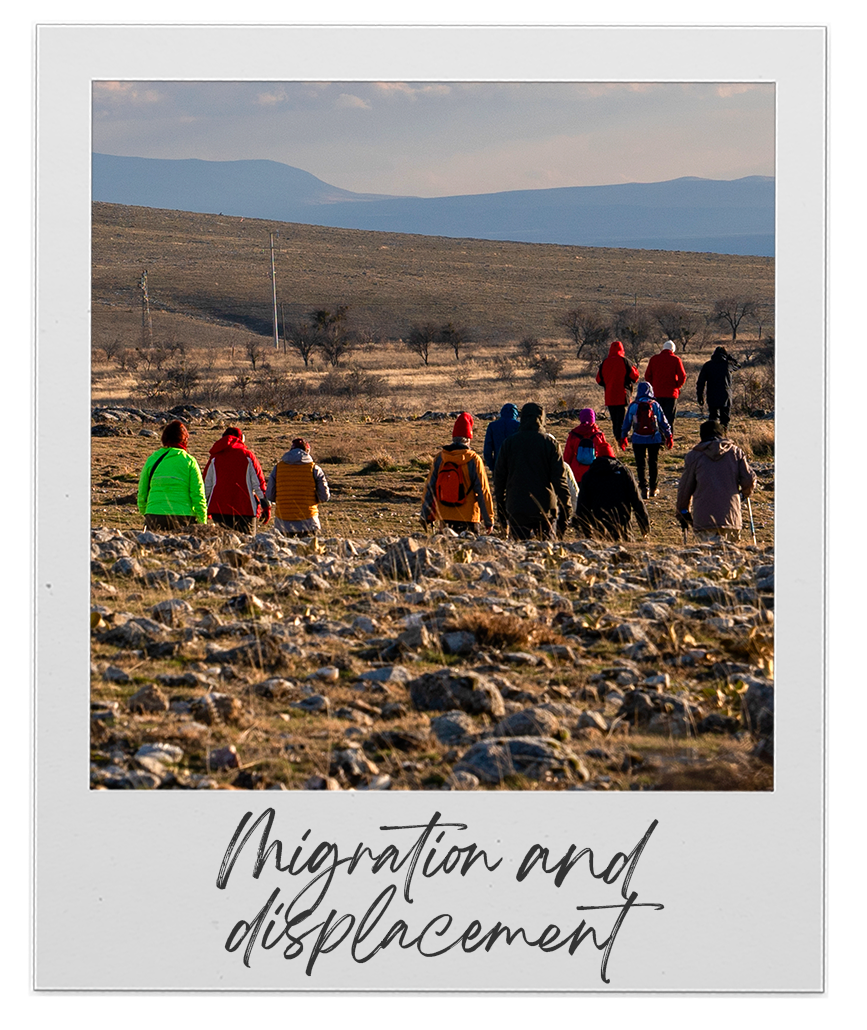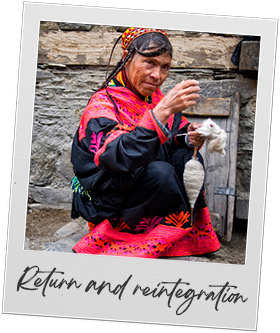Migration and displacement
While the number of forcibly displaced people continues to rise worldwide, there remains very little discussion around the impact of gender and the need for policies directed at women. This research explores the nature of migration and displacement (internal and international) for adults, adolescents and children through a gender lens in order to better to understand the many ways gender informs experiences of displacement and access to resources and opportunities in displaced households.
This research explored the interaction between economic and socio-cultural drivers of labour migrations and the experiences of work and living in different cities using a gender lens. The research was conducted in Erbil in Kurdistan, Beirut in Lebanon, Islamabad in Pakistan and Istanbul in Turkey.
The project conducted a semi systematic literature review of how gender is described in humanitarian discourses, including by the United Nations High Commission for Refugees (UNHCR), other UN agency reports, national government reports, and NGO reports over a twenty-year period. A survey of displaced populations in all focus countries was conducted. The survey aimed to better understand how gender features in their lives and how it structures their experiences as well as respondents’ current living conditions, finances, asset ownership, safety and security concerns, access to services, social networks and relationship with other and the host community, and water, sanitation and hygiene issues they face.
It is difficult to translate global discourse on displacement from key actors, such as the UN, into national and subnational contexts, and then marry this up with developments on the ground. For example, at the international level Sri Lanka appears to be putting proactive policies in place that are aware of gender realities, but how local laws and policies reflect these priorities is unclear. This damaging gaps between rhetoric and action is built upon the assumptions that high level discourse is both indicative of forthcoming policy and that is drives decisions, but this is not the case on the ground.
Across all contexts there are profound differences in terms of health and education by gender amongst displaced groups. People of all genders lose human and social capital as a result of displacement. However, these effects are further magnified for women on the basis of gender, particularly when it comes to education.
Displacement accelerates existing gender inequalities and vulnerabilities and, in some contexts, precipitates early marriage. There are vast differences between male and female participants at the time of their marriage, in particular in Afghanistan as evidenced in the surveys. Among girls in Afghanistan, early marriage remains a significant reason for dropping out of school.
Across all contexts displacement compromises health and sanitation, access to clean water and reproductive health. There are clear and consistent challenges in accessing sufficient healthcare, food and water, although certain populations struggled more than others, such as those living in rural areas. In Afghanistan, participants record that most income is spent on food and that they often needed loans. Further, only 22% of female respondents have access to sanitary towels, with most using cloth. This is especially problematic given the lack of access to clear water.
Resources
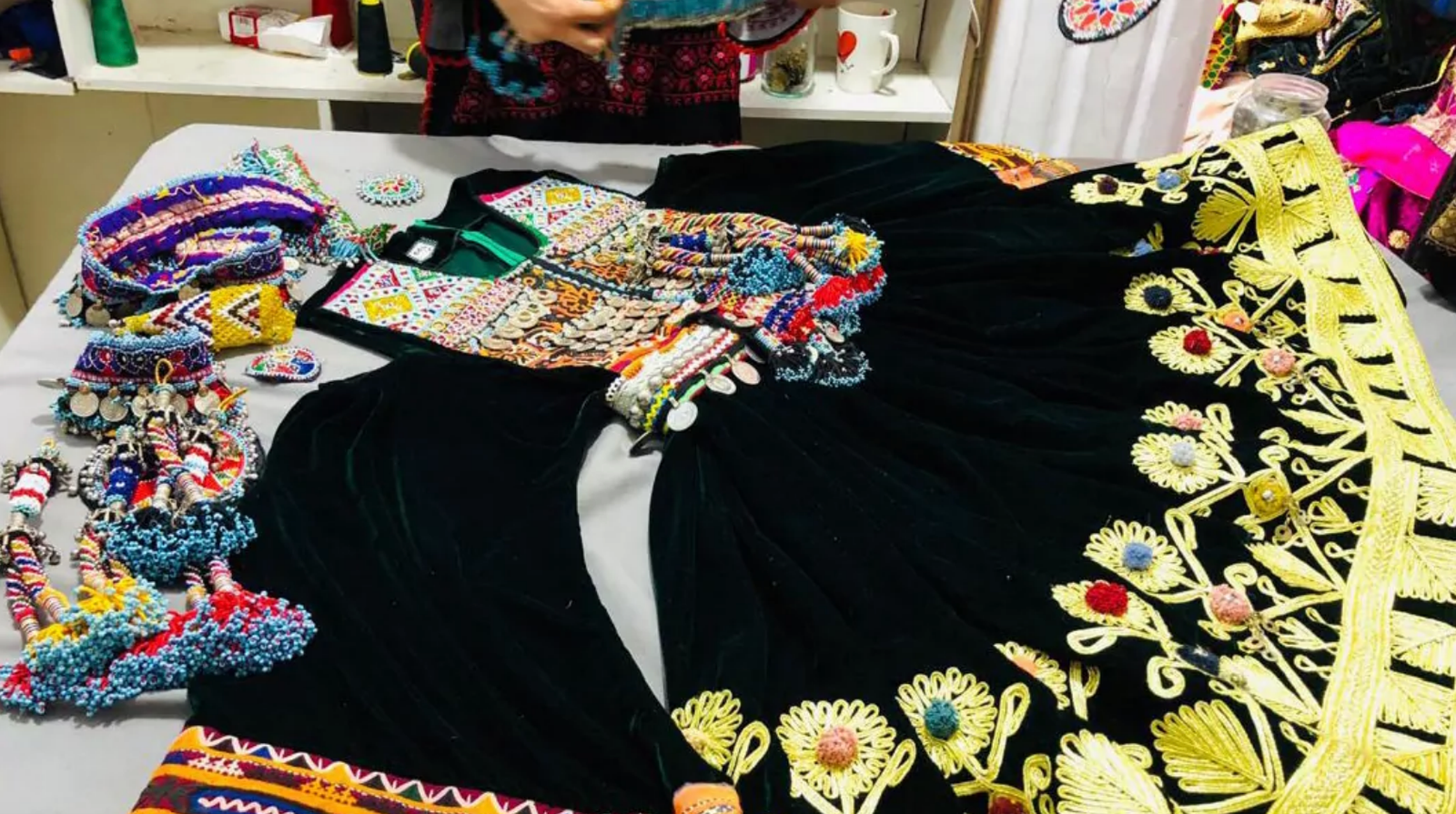
Failing and forgetting Afghanistan
This is a blog post published on the LSE Gender Hub pages. As Afghanistan collapsed and crisis became imminent this was written during my work as a colleague, a humanitarian actor, a fund raiser to help with evacuating our research colleagues from the country in August 2021. “This is not political analysis – I will […]
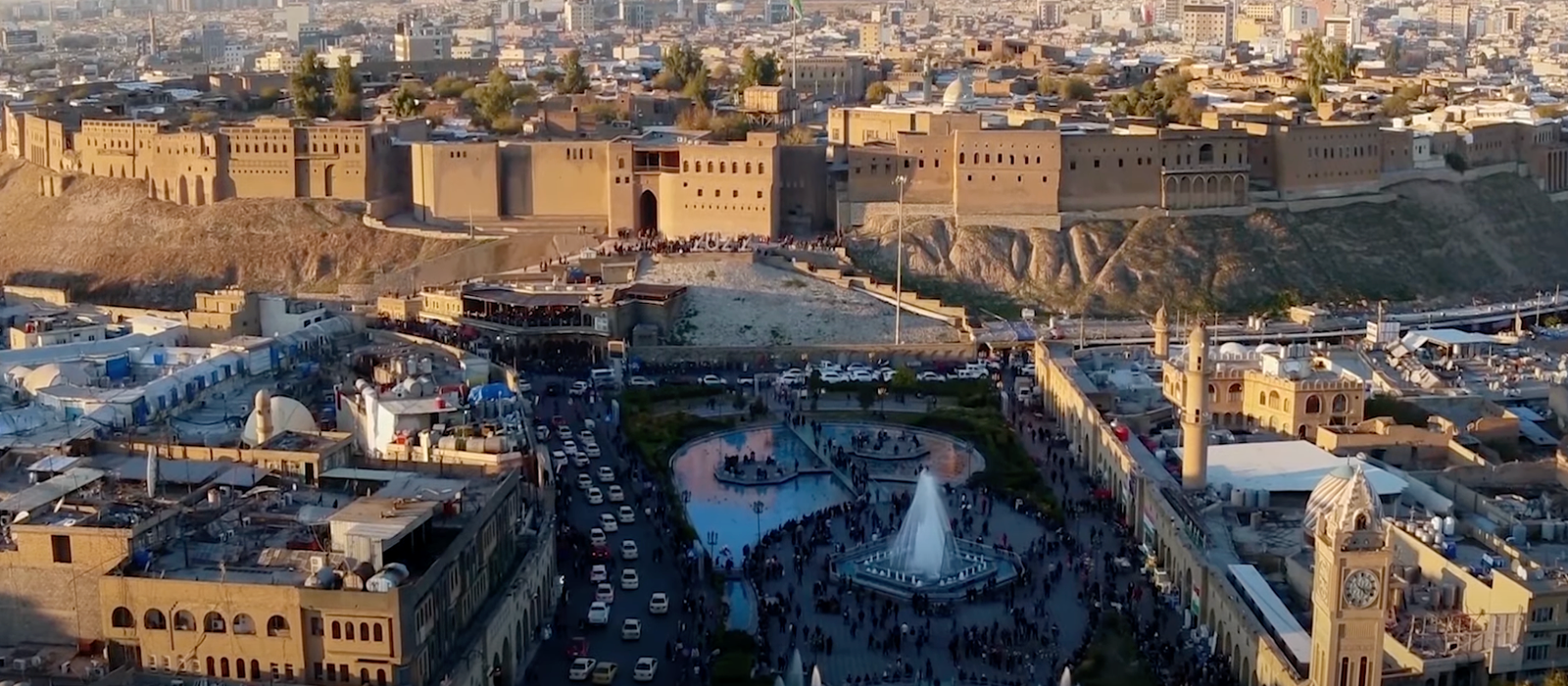
Neither Here Nor There – Return Mobilities
Migration is not a one-way street. Recent years have seen increasing transnational mobility and return migration, involving the rapid development of transport and communication technologies, the relative improvement of political and economic situations in the migrants’ homeland as well as anti-migration hostility and the exclusion of incoming people from the labour market in settlement countries. […]
Interconnected & Multiple Crisis: Gendered Displacement & Cross-Border Migration Across Afghanistan & Pakistan
A presentation delivered at IMISCOE Spring Conference 2024. The history of Afghanistan & Pakistan has shared ongoing socio-political instability, armed conflicts, environmental catastrophes and economic crises. Almost 2 million Afghan live in Pakistan. Between 2002 and 2021, over 5 million refugees returned home, while nearly 3.5 million Afghans are presently internally displaced. Data were collected […]
Turkey country briefing – Gender Migration Culture
This brief focuses on the gendered dynamics of labour migration in Turkey, looking at the labour migration of both skilled migrant women working and living in Istanbul, and lower skilled Migrant Domestic Workers (MDWs). The findings are based on two distinct case studies that look at female labour migrants from neighbouring countries in the Global […]
